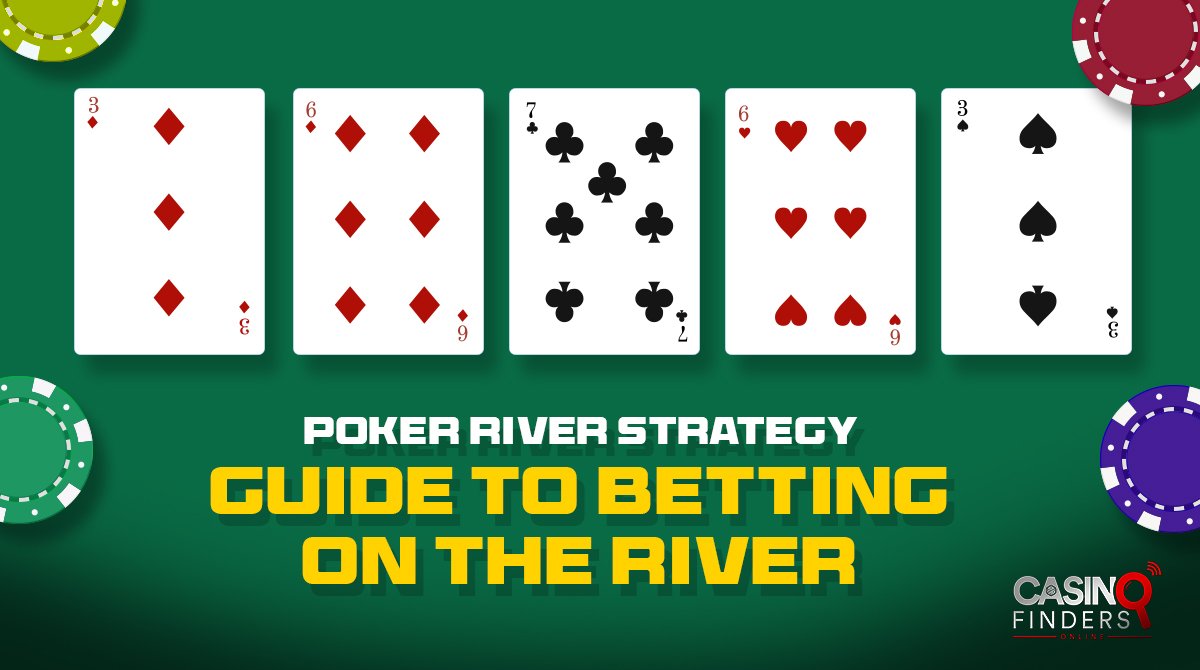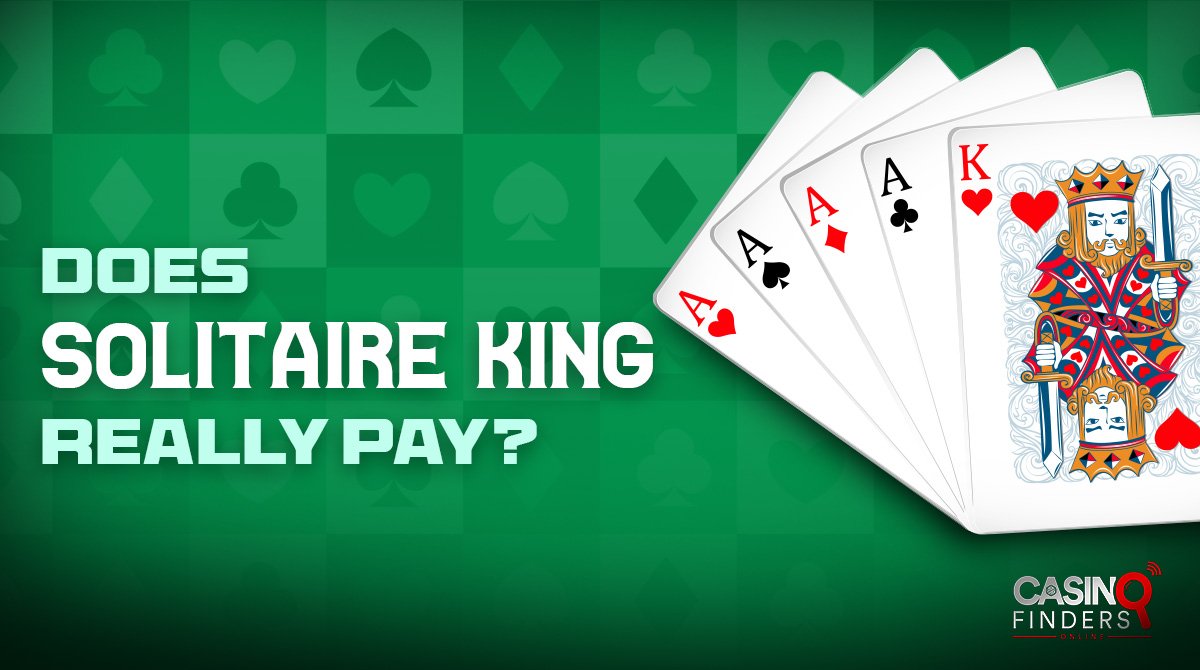What Is the River In Poker?
River is the final street or betting round in the poker game; flop, turn, river. It is the same as other betting rounds. However, the main difference is that if you get to the river, you and all the remaining players on the table are given your final card to make your best possible 5-card hand. This means that after the river card, everyone must show the strength of their hands.
Odds of Completing Draw by The River
Completing a draw by the river depends on the poker variant you play and the strength of your 4-card hand by the time you reach the river.
For example, in Texas Hold’em poker, a flush draw is a hand that can potentially become a flush (five cards of the same suit) by the river. Mathematics and probabilities suggest that a flush draw only hits about 35% of the time by the river, and a straight draw is even less likely at around 31.5%. It suggests that the stronger the hand, the less likely it is to hit.
What is the Best Poker Hand for The River?
There is no single “best poker hand,” as the value of a hand depends on hand rankings and the rules of the game.
The best hand by the river is always determined by the strongest combination of player’s hole cards and the community cards.
How to Play the River
Let’s get it straight. If you want to play the river, you must have a strong hand or a draw you believe is strong enough to beat the opponents when the river card is dealt. Otherwise, you should not stay in the hand and wait for the last card on the board. This is the general rule of thumb, regardless of your poker skill level.
I will discuss the best strategies to play the river in the coming sections.
Does Position Matter on the River?
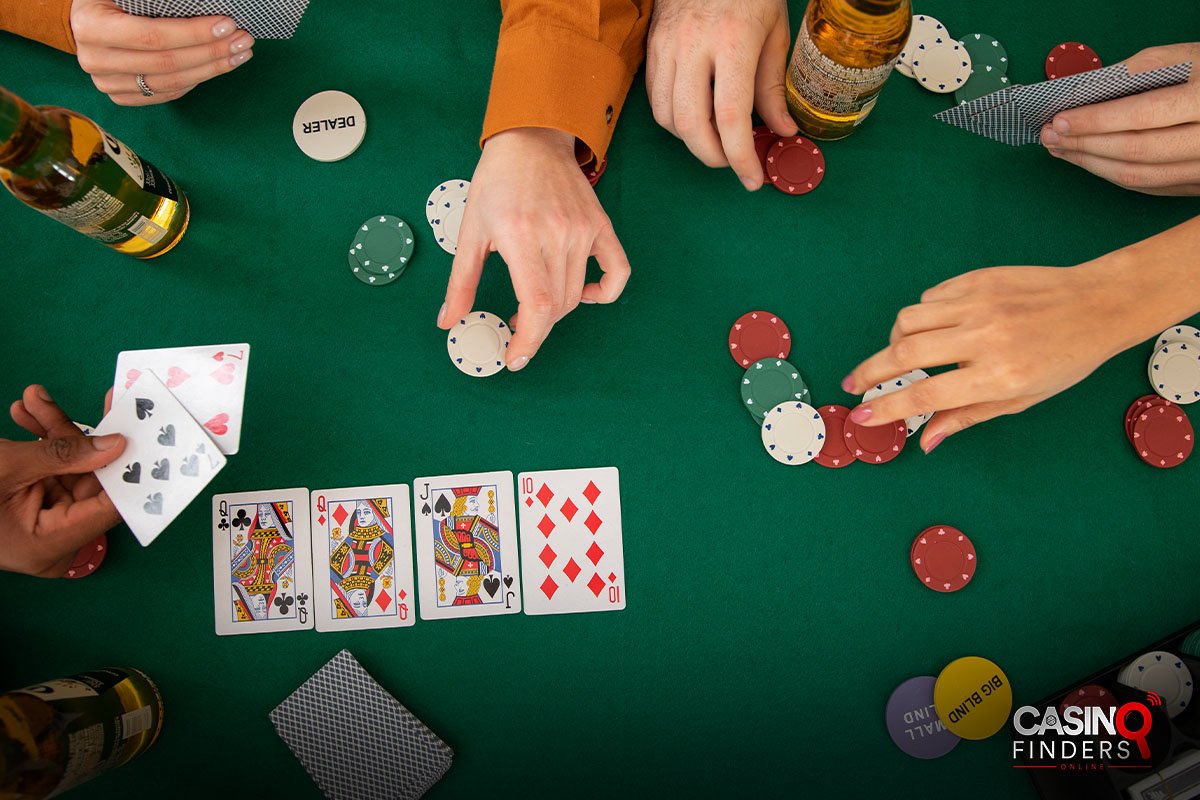
Yes. Position always matters, and it gives you an edge over other players. Why? Because if you act last, you can better estimate the strength of your opponents’ hands through their bets or raises. The later you act, the more information you have to act upon.
Remember, being the player in the last position post-flop allows you to better evaluate your hand according to your opponents’ decisions. Some starting hands are the best and have more chances against most opponents, while others play better against just a few hands.
Playing in Position vs Out of Position
Playing in position refers to you being the last player to act, giving you more options to decide and modify your strategy. For example, you can control the pot size by betting or raising when you have the nuts. Or, you can easily fold a bet if you believe an opponent has a better hand. You can also check and see if your opponent checks as well. So, being in position or the last to act moving toward the showdown gives you an edge to think and modify your action and reaction using poker strategies.
On the other hand, playing out of position does not mean you are doomed to lose. You still have options to act. You can check to see what your opponent got on the river. You can always fold when you are not confident enough in the strength of your cards. So, if you do not have the strongest hand or something close to it, carefully monitoring your opponent and their actions is the best strategy to play out of position on the river.
Betting on The River: Can You Bet After The River Card Is Dealt?
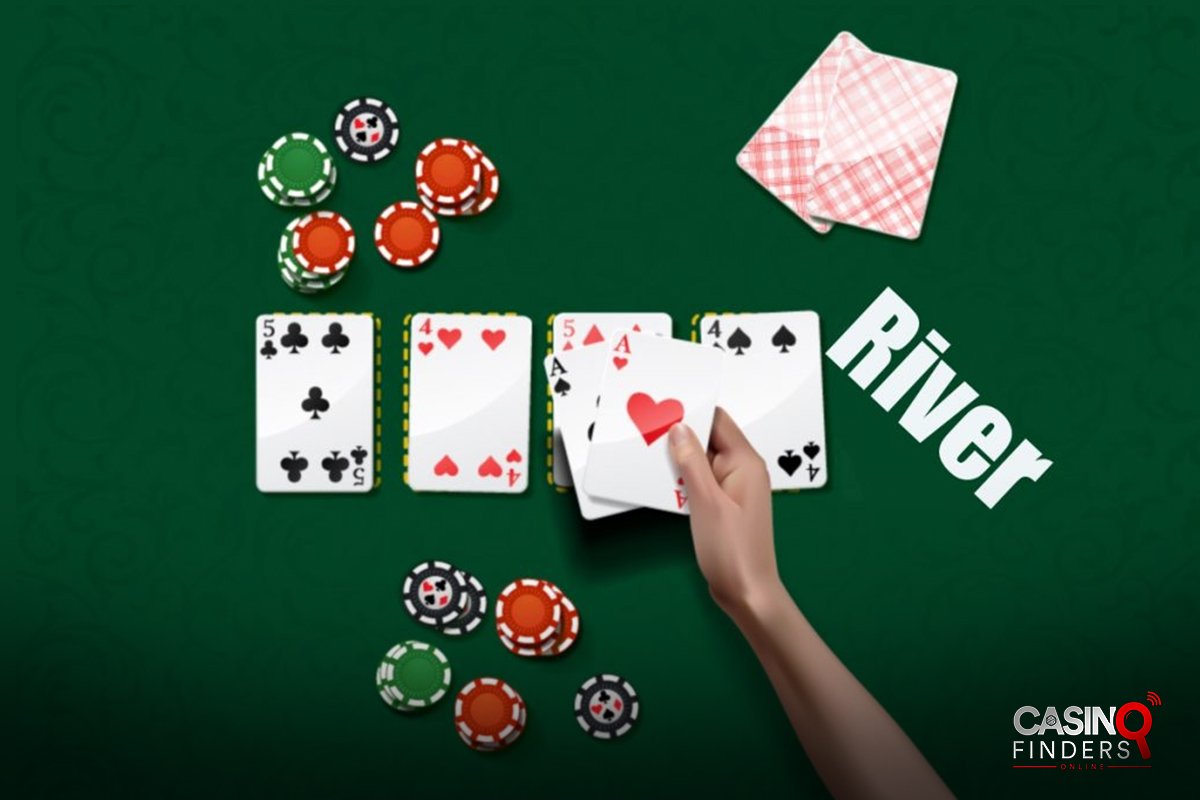
Yes. The game of poker allows for betting on every street or betting round. It means you can bet pre and post-flop, after the turn, and after the river.
After seeing the river card, you can call, raise, bet, check, or re-raise. The amount you can bet on the river is usually determined by the pot size and how many players are still in the hand. This point of the game is when the betting choices become critical. In fact, betting on the river is the most crucial street in poker because, one, the pot size is the biggest, and you are making a decision for a significant amount of money, and two, your chances of winning are either 100 or zero. This means that when the river card is revealed, your hand value is absolute, not potential; you either have a strong hand or not. Strategy becomes so important here that poker guide books have chapters on playing river strategies.
To Bet or Not to Bet: What Is The Optimal River Strategy?
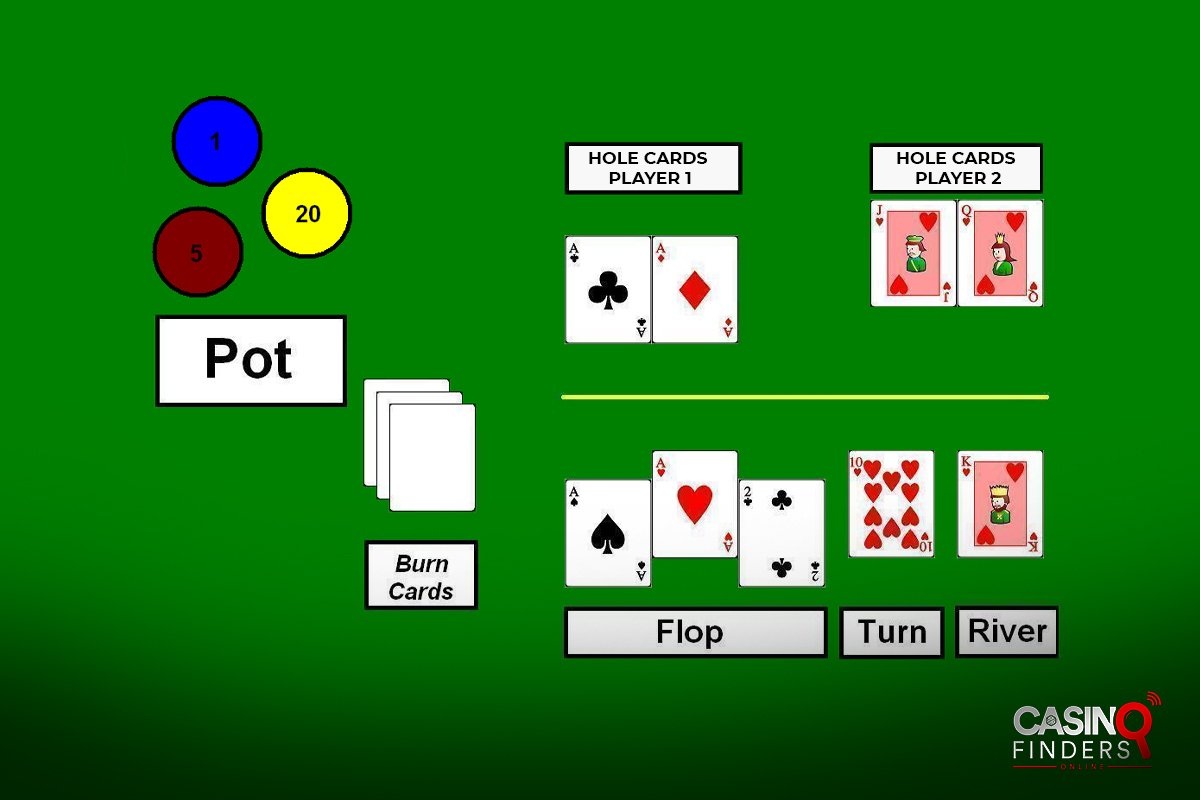
When deciding whether or not you should bet on the river, there are a few things that you should consider, first and foremost being considerate about everything that happened before the river. Let’s look at some of the best river strategies.
Assess Your Chances
To begin with, you want to assess your chances of winning with your current hand and decide if betting will give you an advantage. To do so, you must go back to pre-flop and review everything that happened, even players who folded count. So, let’s make your decision tree simple:
- The nuts or very strong hand: given your position, the entire actions during the hand, and the betting patterns.
- Very weak hand: given all the above variables.
If your hand is weak and unlikely to beat any of your opponents, it’s usually best to fold. On the other hand, if you believe that your hand is strong enough and have a good chance of winning the pot, then betting on the river can be a great way to increase your winnings.
Bluff or Semi-Bluff
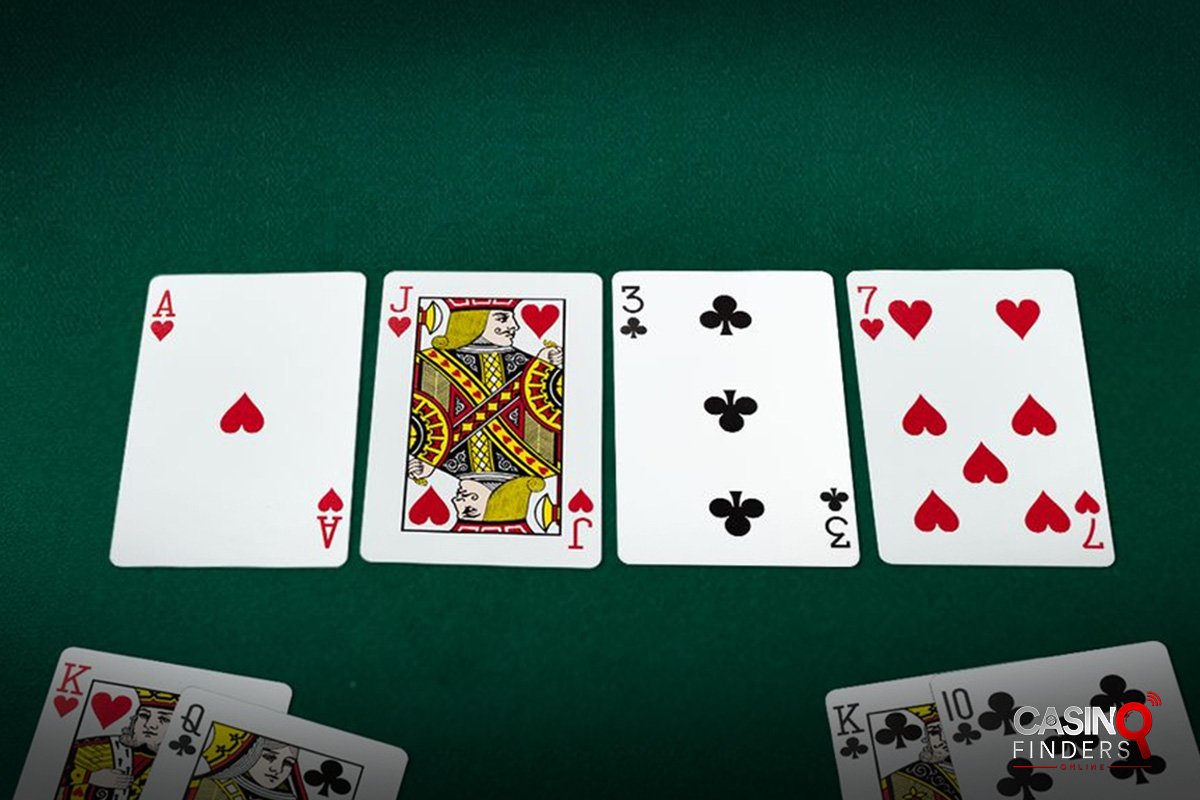
If you have a weak hand but still want to bet on the river, you can opt for a bluff or semi-bluff. A bluff involves betting with a weak hand and hoping your opponents will fold before the showdown. A semi-bluff is when you bet with a weaker hand than you actually have, but one which could improve to a good hand if you draw the right cards.
Betting For the Edge

You must decide whether the bet will give you an edge over the other players. This means you must weigh your chances of winning against the size of the pot. If you believe there is a good chance that your hand will beat all the other players, betting can be a great way to increase your winnings. However, if there is only a small chance of winning and the pot is not that large, it might be more prudent to opt for the fold and save yourself from losing too much money.
Bet Sizing
Your bet sizing should be appropriate for the pot size and number of players. A larger bet size will often intimidate your opponents, while a smaller one can appear weak and make them think twice about calling. If you are bluffing or semi-bluffing, you want to avoid overly large bets, as this could give away your actions.
Overcalling
To beat legitimate calling hands, overcalling—calling after another player’s call—requires a pretty strong hand. Overcalling is a strategic move but a risky one because you’re putting more money in the pot against potentially more opponents.
Mind the Two Pair
When you make two pair hand, it is usually the best hand. However, if the third suited card turns out in the turn or river, you must be extra cautious as your opponent could have made a flush.
Final Thoughts
Betting on the river can be an exciting poker game moment and one of the best ways to increase your winnings. Before betting, assess your chances of winning with your current hand and decide if it is worth the risk. If you have a strong enough hand, betting on the river can give you an advantage over your opponents and help you secure the pot. Bluffing or semi-bluffing can also be useful when betting on the river but should only be attempted if done correctly. With these strategies in mind you are ready to bet the river





 Written by
Written by 



 Cashback Bonus
Cashback Bonus




